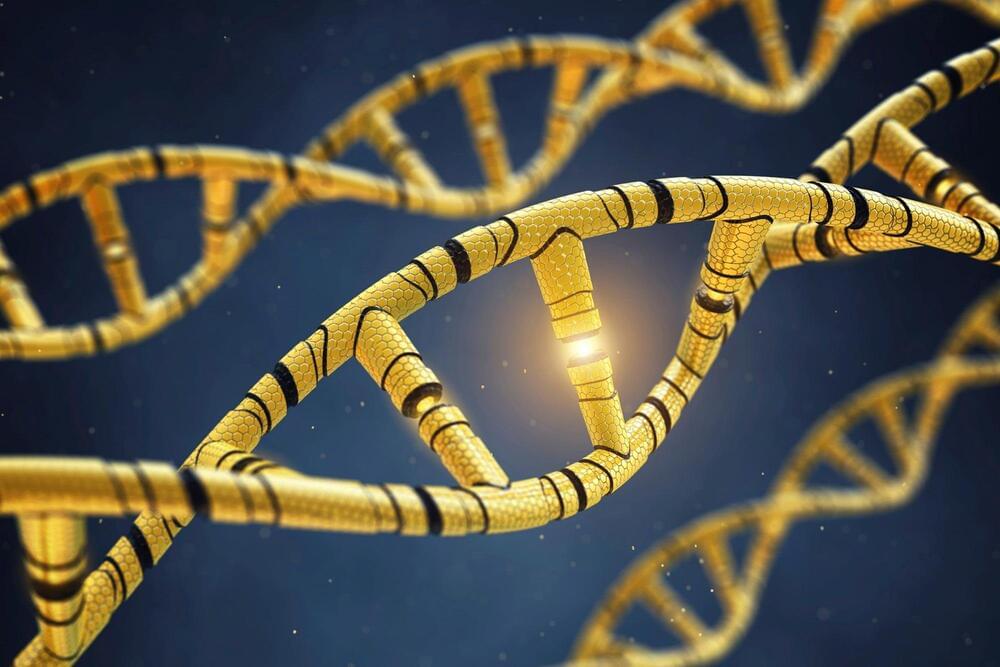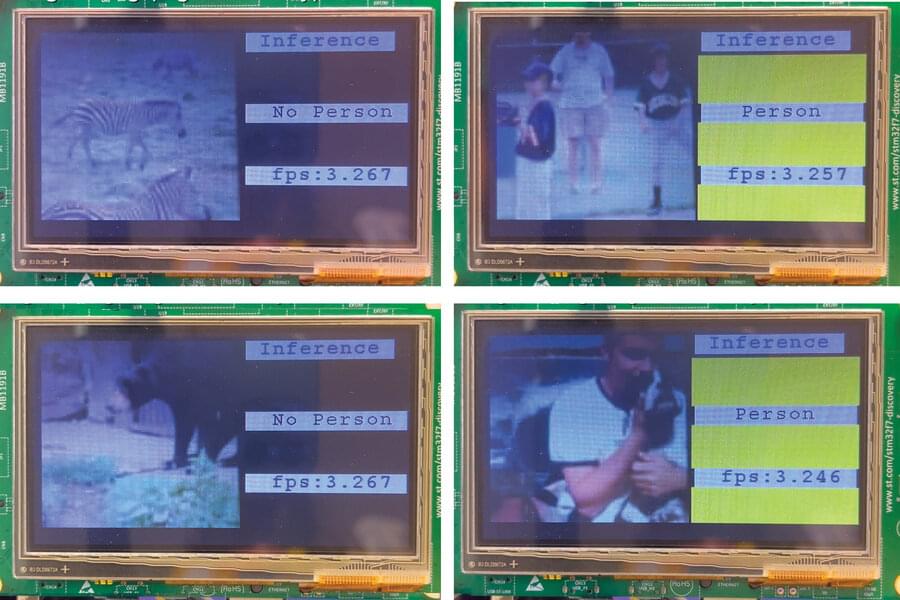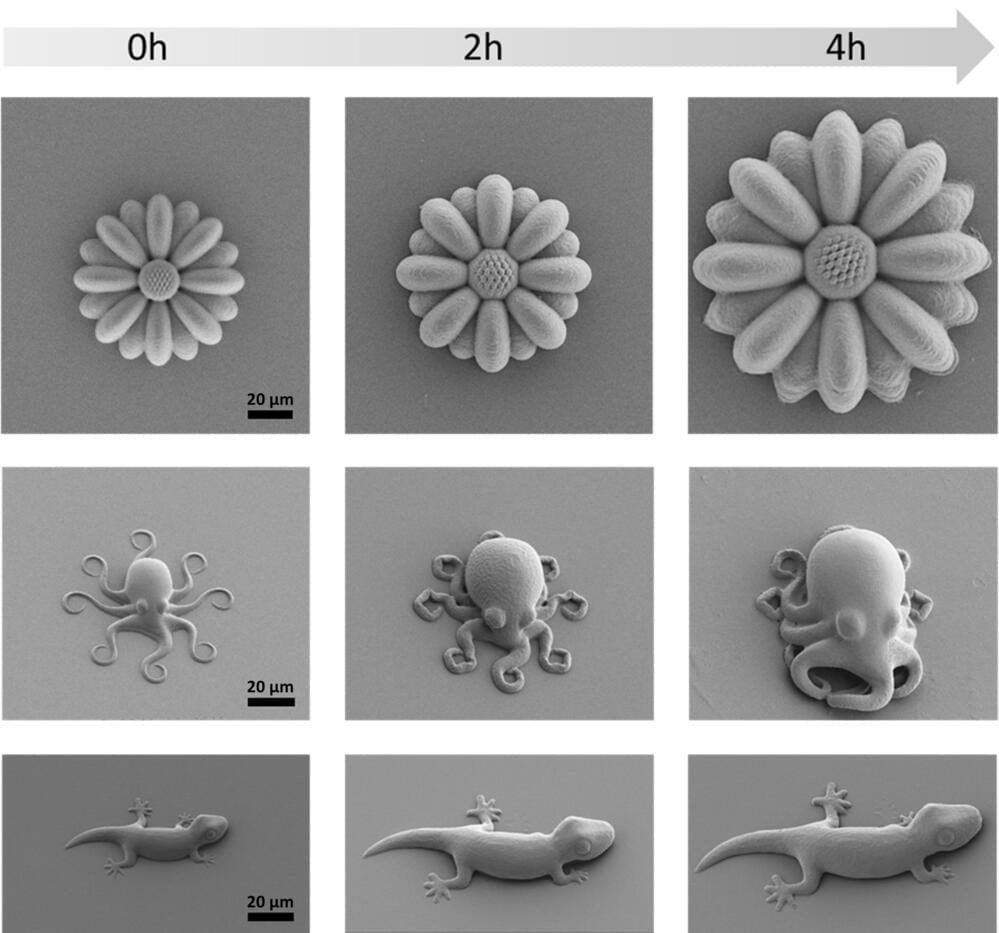A fluid dynamics theory that violates causality would always generate paradoxical instabilities—a result that could guide the search for a theory for relativistic fluids.
The theory of fluid dynamics has been successful in many areas of fundamental and applied sciences, describing fluids from dilute gases, such as air, to liquids, such as water. For most nonrelativistic fluids, the theory takes the form of the celebrated Navier-Stokes equation. However, fundamental problems arise when extending these equations to relativistic fluids. Such extensions typically imply paradoxes—for instance, thermodynamic states of the systems can appear stable or unstable to observers in different frames of reference. These problems hinder the description of the dynamics of important fluid systems, such as neutron-rich matter in neutron star mergers or the quark-gluon plasma produced in heavy-ion collisions.









